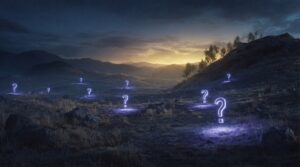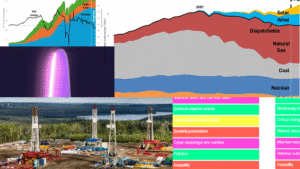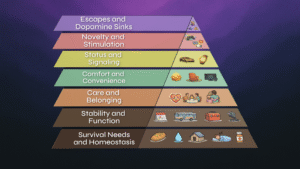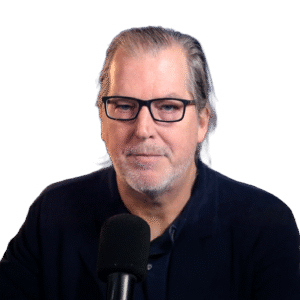
#88 | Frankly
Snow, The Singularity, and Rocks in the River
Description
As the world continued its increasingly chaotic series of events this week – with disruptive events in everything from politics to artificial intelligence, a spring blizzard swept through the upper Midwest of the United States, reminding those who live here that mother nature continues to show up in all her unpredictability and beauty.
In this Frankly, Nate discusses the human predicament in the context of ecological overshoot, energy dynamics, and the impact of a potential ‘singularity’ in artificial intelligence. He delves into the essence of humanity, advocating for a deeper understanding of our needs beyond material goods. Nate emphasizes the need for a shift in perspective regarding energy use and the importance of community and human connection in navigating future challenges.
What is the ‘singularity’ in the context of AI, and how can understanding that shape our expectations for the future? Is it possible that the hope for an energy transition lies, not in humanity’s capacity for technological innovation, but in our rapid ability to culturally evolve? And towards that goal, how might individuals act as ‘rocks in the river’ in our small corners of the world, grounding those around us through the tumultuous events of the broader world?
In French, we have a motto that says that a simple drawing is often better than a long explanation. Jean-Marc Jancovici Carbone 4 President
That’s very understandable because with left atmosphere thinking, one of the problems is that you see everything as a series of problems that must have solutions. Iain McGilchrist Neuroscientist and Philosopher
We can’t have hundreds and hundreds of real relationships that are healthy because that requires time and effort and full attention and awareness of being in real relationship and conversation with the other human. Nate Hagens Director of ISEOF
This is the crux of the whole problem. Individual parts of nature are more valuable than the biocomplexity of nature. Thomas Crowther Founder Restor
Show Notes & Links to Learn More
Download transcript00:09 – Tariffs
00:28 – Polar Vortex
00:31 – Biodiversity Loss
01:37 – Ecological Overshoot
01:53 – TGS Movie Animation
04:29 – The Singularity
04:51 – Ray Kurzweil, Ray Kurzweil’s book “The Singularity is Near: When Humans Transcend Biology”
05:27 – Transhuman
05:35 – Audrey Tang
06:38 – Dopamine, Oxytocin, Serotonin
07:36 – Brian Eno
08:23 – The International Federation of Red Cross and Red Crescent
08:35 – The 5 Horsemen + Emergent Horsemen
08:50 – Artificial General Intelligence
12:13 – The Second Coming Poem
12:14 – William Butler Yeats
12:54 – Spiritus Mundi







